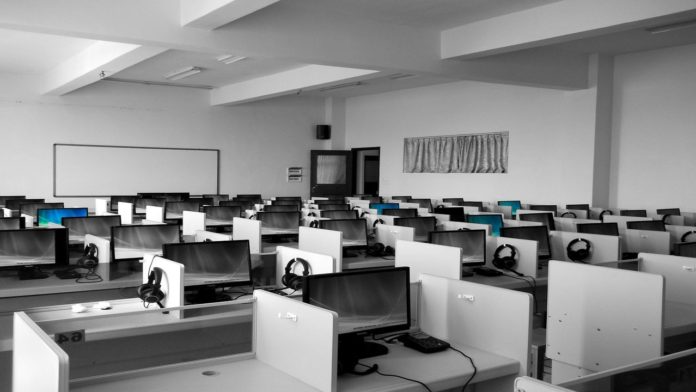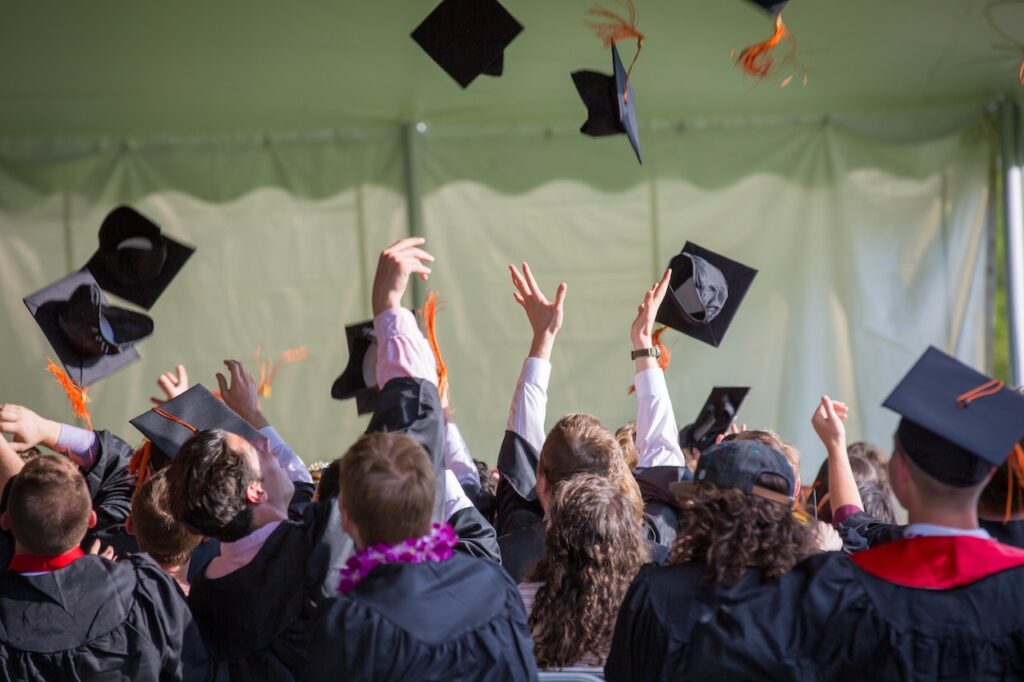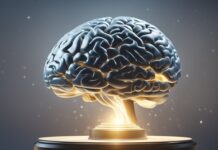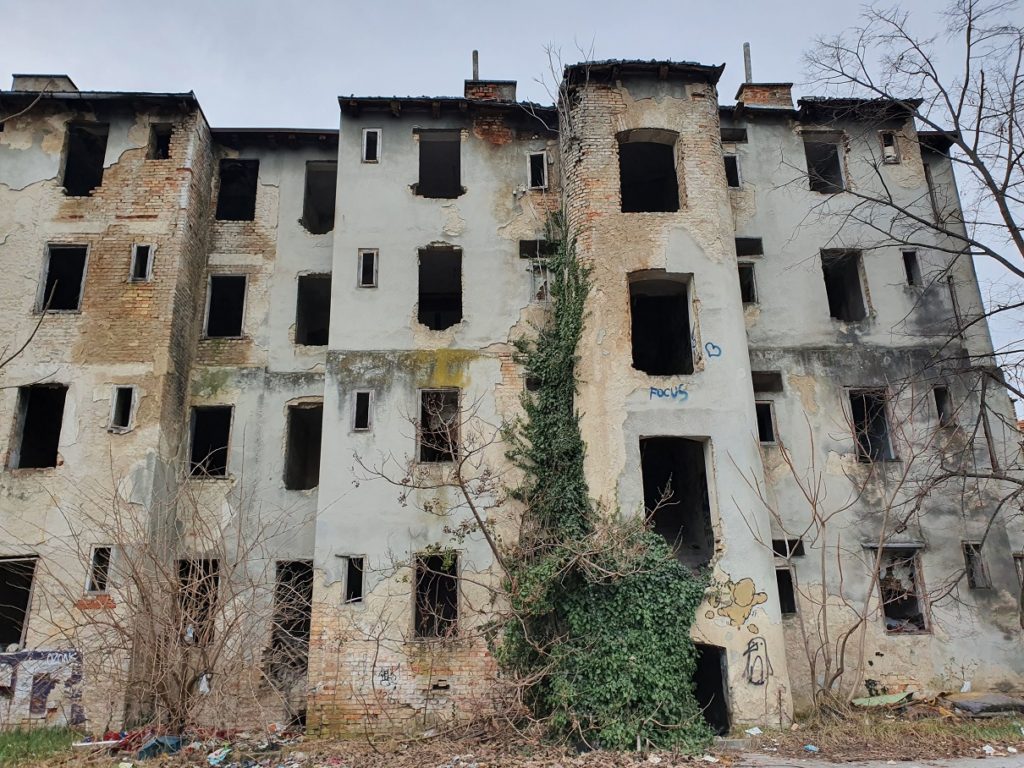
Have you ever thought about education system history? How did it all start, and how it’s going? What was the purpose? What are you exactly doing inside that system? Who first decided that we needed a formal education system? Were those people sitting at the round table and determining the direction of humanity with the education system? When you think about it, a lot of questions come to mind. Here I’ll try to think about all those questions and then some more, both from a historical and conspiratorial perspective. Also, I’ll dig into the beginnings of education in ancient times to where we are now. You may think, ok, but that’s all in different history books. And you could be right; however, we also sometimes need to question history books as they are part of the standard and official education per se, and we know that official education is many times changed to conform to the current political narrative. So, it’s all part of the same system, any way you look at it. And that’s why I think it is essential to look around for different clues around the education system, its beginnings, and its purpose.
Before going more deeply into the education system, we first need to distinguish formal education from informal education. Namely, informal education was present in human history for thousands of years. Rich people of that time had some kind of formal and informal education, but it was not enforced on them (except by their parents.) Think about Egyptian Pharaohs, their parents, and their children. What exactly were they teaching their children, and from where did that part of education come from? That’s almost impossible to know as many texts from that time are either not discovered, those discovered are uninterpretable, and many are destroyed (on purpose or accidentally, nobody knows).
As it is (in its original natural form), education existed from the beginning of humans and animals. Adults have innate and genetic intuition that they would like to transfer the knowledge they acquired to their young ones. Sometimes that’s a good thing, and sometimes that’s a bad thing mainly because nowadays we have so many unconscious people walking on this Earth trying to pass their “knowledge” to their children. And if the knowledge they acquired is not accurate or without any meaning, well, then it will be even more spurious when it is passed on to their children. That’s how generations of people are developed to believe complete nonsense with their whole being.
Related: History of surnames?
Agricultural development, industrialization and development of formal schooling
On the other hand, when thinking about the official history of education and knowledge and human evolution, one of the first things that come to mind is Alexandria’s Library, built in the 3rd century BCE. This library, of course, didn’t function as today’s formal education. There weren’t schools, classes, or standard teachers as we know them today. Everything was completely different. So, how did we arrive in today’s world where we have many public and private schools, which are controlled by either governments, companies, or individuals?
Think about the following – how are all ideas and projects realized in history? Mostly by trying and failing. Child education can be seen as a project that has been tested in many different forms in society’s history. Not that variations and try-and-fail methods are bad per se, but in this case, variations were not done to come up with the best solution for people as it seems. Variations were done to come up with the best solution so that at the end of the formal education, the system yields the exact kind of adult people who are needed to satisfy the current needs of the particular economic system. Having that in mind and concerning the biological history of our species, schools are very recent institutions. And this is in some way self-explanatory because, as we learned, education or schooling produces the kind of people needed for that era. When we were first hunters and gatherers, children learned different things by watching their parents’ lives. On a side note here – anthropologists have reported that the hunter-gatherer communities they researched did not distinguish between work and play as almost all of life was understood as some kind of play. Then we transitioned to agricultural and industrial society. And then everything changed, at least from the perspective of formal education but also from many other vital perspectives of one’s life.
Agricultural development severely impacted people’s lives. Families started having more children who were required to work in the fields. Those children needed to learn specific skills from their parents. Additionally, during the development of agriculture, hierarchies started to become a real thing. On top of that, the main lessons that children had to learn were suppression of their own will, obedience, a show of respect, and fear toward the ones in power and control.
Fast forward to an industrial society, and lessons about obedience and fear became an even more important part of children’s daily lives (and adults). Prominent employers in the industry wanted to create efficient workers, and one way to do that was (and still is) schooling. Big oil oligarchs like Rockefellers played a significant game here. Countries and governments then followed a similar example.
Development of traditional schooling

In the 19th and 20th centuries, schooling became more traditional and part of every child’s ordinary life and basically everyone. However, one thing did not change significantly, and that is how education remained very shortsighted as children were thought mainly to use only one part of their brain (which is needed for current businesses and industry). In contrast, the second part of the brain primarily remained untouched. Also, one of the most important flaws of the education system remained, and that is how children are not taught to ask questions but mainly to follow the system. Touching on that topic opens another one that relates to old Prussia (Germany) and their psychological research of potential education systems for children. Here we’re getting a bit into the conspiratorial field but bear with me, as I think it is important for context.
Let’s start with the philosophy of John Locke’s view (1690) that children are a blank slate and lessons from Jean-Jacques Rousseau’s opinion that bad behavior is a product of learning and socialization. Following that logic, some would think if children were blank slates, then there is a possibility (and perhaps need?) to program that blank slate. Partly based on that predicament (without going into details as it would take the whole book), Prussia established a three-tiered educational system. Essentially, by some opinions, the system was about thought control and how to basically “program” young minds. In one way, the plan was to keep children in the general population from reading or learning with context during their early years. The keyword here is “general population,” as children with rich and powerful parents didn’t go to public schools at all.
Prussia
Basically, by some opinions, it seems like Prussians established this three-tier system in order to achieve particular results in different categories of young people. In the lowest category, called volksschule, they were using the method to divide whole ideas and disciplines into different subjects, which were then again divided into different units in the period of time during the day (sounds like standard school?). With that kind of approach, with all those divisions and a mixture of topics, no one actually knew what was really happening in the world or in any specific field for that matter. Children knew the facts, but they didn’t know much more than that. With that approach, children’s blank slates were filled with a mixture of facts that are not essential for their true development. It was a fundamentally simple method of knowledge suppression in some way. Because you learn something, but in reality, you don’t. And many started to hate learning as it is during the process. That’s the real problem because learning should be something fun and interesting. Nevertheless, this model remained and was replicated in other countries.
Namely, in 1814, one American citizen, Edward Everett, went to Prussia to get his Ph.D. Edward Everett later came to be governor of Massachusetts. Apparently, he was spreading the word in the USA quickly since, after him, many influential Americans came to Germany to earn their degrees. Among them was Horace Mann, who traveled to Germany to investigate how the educational process worked. Upon return, he was one of the main people responsible for Education Reform in the USA. Many people that returned from Germany were appointed to major universities in the USA, spreading the models similar to the Prussian education system. Basically, many universities started to promote the concept that “the state is the father of children,” among others. Now imagine if young people are instructed from their early beginnings that the state is their father in some way. Those children are then mostly feared by the state. And fear means control. Hereby don’t get me wrong, as many good things also came from the structure of that kind of education system but perhaps it could have been built better to serve curious young minds.
Future of formal education?
Now, all of this sounds conspiratorial. And in some ways, it is. But it paints the picture that perhaps formal structured education was not here (at least in the beginning) just to teach our young ones the best possible things. It was designed to produce “soldiers” for the economic system of that time. Is it different today? In some ways, it is, but still, we see so much nonsense in schools and universities. The majority of people coming out of universities of any kind can’t remember anything they “learned” during their 5-year period of attendance. Societies should make a practical joke of that situation by asking the same people to take various exams five years later. Everyone would fail. Even those who got the best grades on those exact exams. That’s because many things being thought are not something people could really use in their personal or professional lives.
It is becoming more and more certain that formal education of today is a relic of history that is still being enforced as the best method to have a good career. Actually, it is far from reality and will disappear or change completely in the coming years. Whether it will disappear in 20 years or 100, it doesn’t matter, but it will for sure. I mean, can you imagine people in 2200 going to standard schools? No, for sure not. Education as we know it is on the verge of becoming something completely different. And rightly so. It held its position long enough now. Almost everything changed, and education mostly didn’t, while education should be the first thing to change as it represents the first stepping stone into what little brains think and want to become in their lives.





















